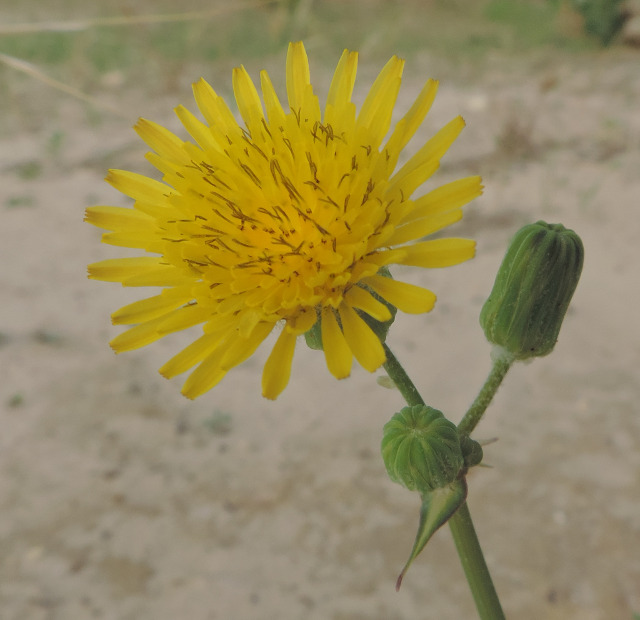While not specific to CLL, the following papers indicate that Curcumin, the pharmacologically active substance in turmeric, may somewhat mitigate some health related problems and other common life challenges more often experienced by older (more experienced?) members in our society. Let's face, it, that includes most of us. Of particular interest is the reported improvements in cognition, fatigue and the incidence of depression from the trial participants in the first study, given these can be side effects from living with CLL.
Investigation of the effects of solid lipid curcumin on cognition and mood in a healthy older population. Cox KH et al, Centre for Human Psychopharmacology, Swinburne University of Technology, Melbourne, Australia:
ncbi.nlm.nih.gov/pubmed/252...
From the conclusion - "Cognitive decline, dementia, fatigue, depression and anxiety in the elderly can have a serious detrimental impact on welfare and self-sufficiency. Interventions that prevent or reduce any of these conditions may improve quality of life of our growing elderly demographic and reduce the increasing pressure placed on heath, social and financial support systems when these conditions limit the ability of the elderly to care for themselves."
While the research was funded by the supplement manufacturer, the study does appear to be well designed. It'll be interesting to see if there are follow up studies.
Turmeric May Reduce Brain Damage in Alzheimer's, PTSD
psychiatryadvisor.com/turme...
While in vitro studies have shown curcumin will induce apoptosis in CLL,, unlike the Mayo Clinic trials of Polyphenol-E (a commercial EGCG extract), there's no study that I know of that has shown that taking turmeric as a supplement slows the progression of CLL. Further, there are known dangers in taking Turmeric - along with the usual questions regarding the percentage of the active ingredient, impurities and so on that go with the territory of supplements. One of the advantages of research identifying the active pharmacological ingredient in natural substances like EGCG and Turmeric, is that the active ingredient can be formulated to be more acceptable, i.e. more palatable, better absorbed, less side effects and so on, with aspirin being a classic example. As always, please inform your doctor and specialist if you are taking any supplements:
healthunlocked.com/cllsuppo...
Neil
Photo: Not Turmeric, but a common milk thistle flower
